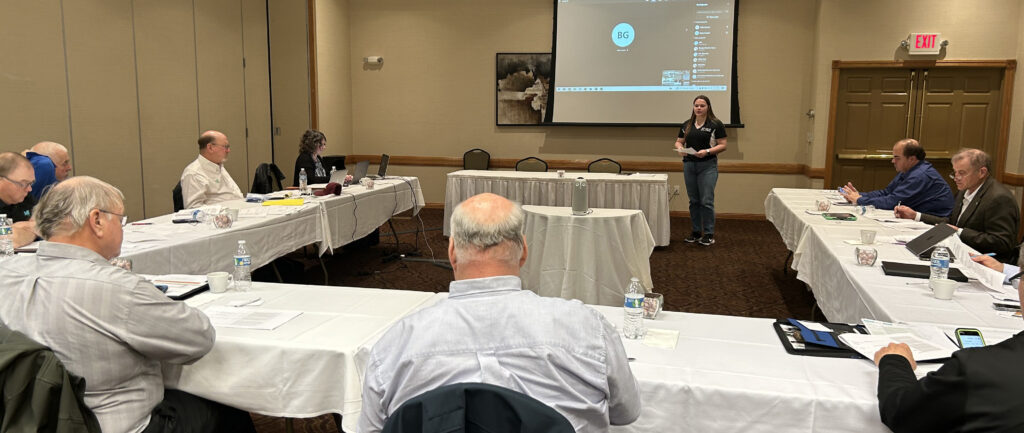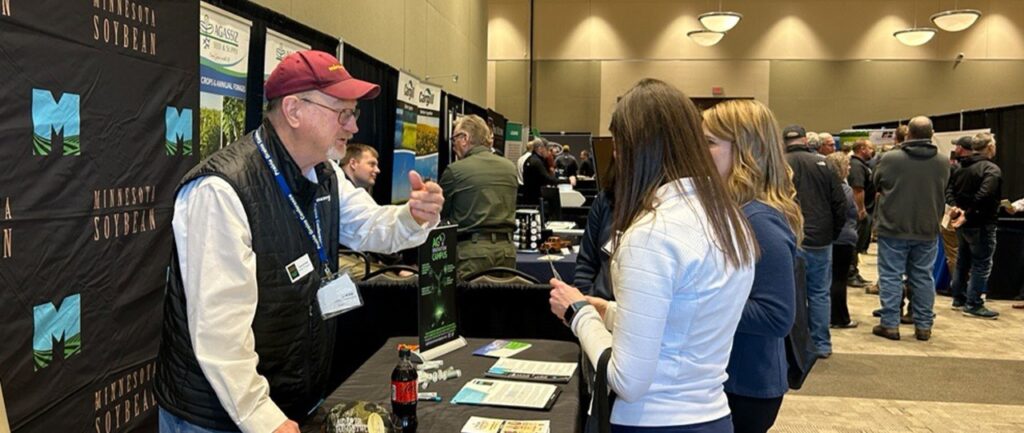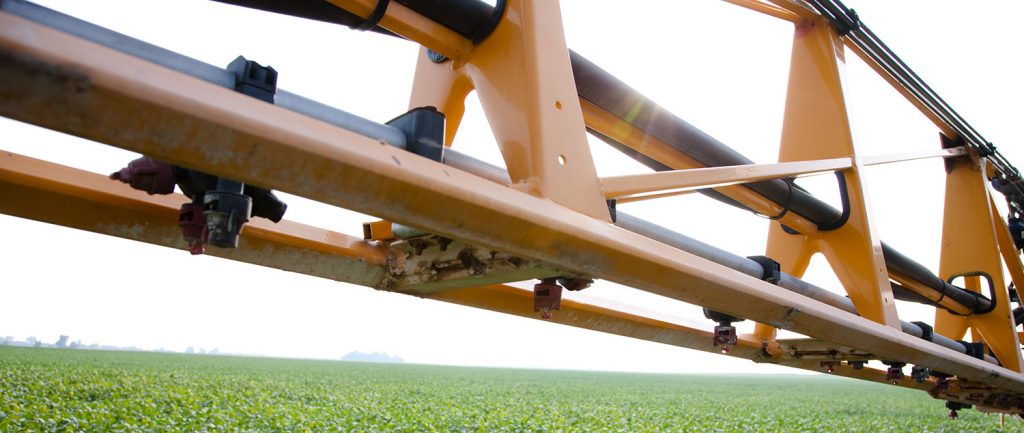Farmers beware: The Minnesota Pollution Control Agency (MPCA) has commissioned University of Minnesota scientists to conduct a “fishing expedition” to determine if PFOS/PFAS chemicals are being found in crops from sites that have received wastewater sludge within the last three years. There are multiple opportunities for experimental/experimenter error in a study of this nature. Thus, the risk of false positives is high and grower rewards are essentially nonexistent.
Given these risks, and the potential penalties, the Minnesota Soybean Research & Promotion Council does not recommend crop growers participate in this study.
What is PFOS/PFAS?
One of the new buzzwords in the environmental sphere is PFOS or PFAS. Perfluorooctane sulfonic acid (PFOS) is a group of related chemicals known as perfluorinated alkylated substances (PFAS). This large group of chemicals is commonly used in a wide range of industrial processes including wastewater treatment. Wastewater treatment sludge has been “land-farmed” (applied to agricultural soils as a crop nutrient source) to dispose of urban area wastewater treatment residue (sludge) in a cost-effective and environmentally friendly manner.
These chemicals have been found widely distributed across the environment at low levels (parts per trillion). There are multiple health concerns regarding these chemicals. However, there is little proof these health issues exist. It is not known if the chemicals are absorbed by crops, much less if they are translocated to the seed. Conducting a proper greenhouse/growth chamber to determine if/how these chemicals might transport from soil to plant and within the plant is time consuming and labor intensive – something governmental organizations are reluctant to pursue.
There is limited information about proper testing procedures, PFOS/PFAS threshold levels, activity half-life or which members of this chemical family are of concern. What we do know is that this is an extremely sensitive area, and crop prices can plummet (remember the Alar scare of the 1970s?) if poor quality research shows positive PFOS/PFAS levels in crops. As there is no proven remediation program, land prices of PFAS impacted fields would be in question.
If you have been approached by MPCA or UMN scientists, you do not have to let them sample your fields. If you have questions regarding this program, reach out to David Kee at dkee@mnsoybean.com.







